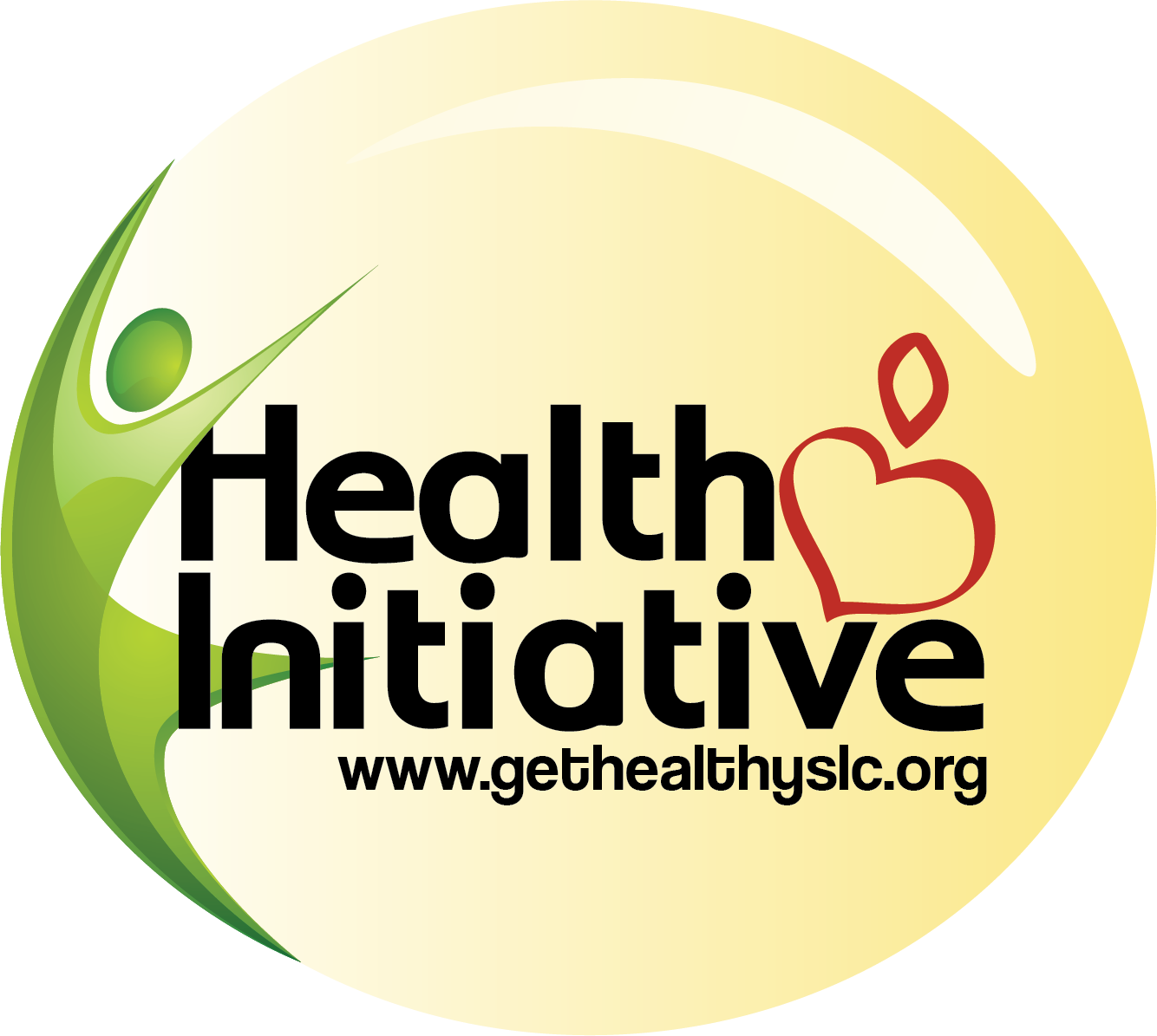TeensHELP Comprehensive Adolescent
Pregnancy Prevention Program
The St. Lawrence County Health Initiative’s TeensHELP Comprehensive Adolescent Pregnancy Prevention (CAPP) Program offers sexual health education and positive youth development programs for teens in St. Lawrence and Jefferson Counties. We are on a mission to ensure the life-long success of all teens by helping them manage their risks, realize their self-worth, and make healthy decisions, including sexual ones.
WHY WE DO WHAT WE DO
We believe in the transformative power of youth and strive to provide teens and young adults with the tools they need to recognize and reach their full potential. We talk with teens, not just to them, about topics that are important and relevant to them, because what matters to teens matters to us. We encourage teens to think about their hopes, dreams, and goals for the future as they learn skills that will keep them on track to achieve them. Our goal is to provide them with critical information and life skills they will need as they move into adulthood. We believe that, when given the right information and motivation, teens can make good decisions, especially around their sexual health.
Our programs give teens the space they need to learn how to have healthy relationships, advocate for their needs, communicate with their peers and partners, better understand their responsibility to make healthy choices, and find answers to all their sexual health questions. While this may make some adults uncomfortable, it is undeniable that teens need information about healthy relationships, abstinence, birth control, negotiation skills, and sexually transmitted infection prevention before they have sex. TeensHELP is all about offering age-appropriate, medically accurate messages that reassure and support youth in healthy decision making.

.

WHY WHAT WE DO WORKS
It isn’t always easy to motivate people, especially tween and teens, to modify their sexual behavior, even when that behavior puts them at risk. That’s why the sexual health programming opportunities we can offer our partners draw upon positive youth development and social learning theories that reflect a cognitive-behavioral approach to health education and risk management.
In order for young people to adopt less risky behaviors, they must be provided with the following tools:
- Age-appropriate, medically accurate, unbiased information needed to understand the issues.
- The cognitive skills that allow them to examine their values and beliefs about personal risks and possible consequences.
- The cognitive skills that allow them to analyze behaviors and situations that increase their risk of HIV infection, other STIs, and unplanned pregnancies.
- The intrapersonal (within self) skills to understand and manage their feelings and thoughts.
- The interpersonal (between self and others) skills to define and exercise behaviors that reduce personal risk.
- A sense of self-efficacy and the confidence required to allow them to make safer decisions about their sexual choices.
- The motivation to apply these skills to their everyday lives and in all relationships, not just the sexual ones.
THE PROGRAMS WE OFFER TO OUR PARTNERS
To reduce their risk through behavioral change, adolescents not only need information on their perception of personal vulnerability, but also skills and confidence in their ability to act safely. The evidence-based sexual health education programs we offer our partners give youth all of the tools they need to make healthy, informed decisions about their bodies, their relationships, and their health. Read more about each program below.
Be Proud! Be Responsible!
BPBR is an evidence-based program that provides high school aged youth (13-18) with the knowledge, motivation, and skills to changes their behavior in ways that will reduce their risk of contracting HIV and other STDs, as well as unintended pregnancies. The curriculum includes:
This module informs participants about the program; helps them become comfortable, cohesive, and productive in groups; generates enthusiasm about being proud and responsible decision makers; promotes the goal of protecting themselves and their community; and gives them factual information about HIV and AIDS.
This module clarifies myth about the causes, transmission, and prevention of HIV wile prviding factual information; and reinforces knowledge about safer sex behaviors.
This module helps participants realize that they are vulnerable to HIV infection; examines who is responsible for safer sex behaviors; examines various opinions about HIV and safer sex; clarifies the risk level for a variety of behaviors; and helps participants identify their personal risk for HIV infection.
This module highlights the impact of attitudes and beliefs on risky sexual behavior; weakens negative beliefs and attitudes that foster risky sexual behavior; builds participants’ sense of responsibility for reducing the risk of HIV infections; and reinforces their knowledge about safer sex behaviors.
This module reinforces pride and responsibility in avoiding HIV risk-associated behaviors; assesses barriers to condom use while providing strategies to reduces these barriers; examines the relationship between attitudes and condom use behaviors; reinforces knowledge and skills on how to use condoms correctly; and reinforces the participants’ understanding of the possible consequences of unprotected sex.
This module has been added to the original BPBR curriculum in order to educate participants on the most common birth control methods available to teens, including what they are, how they work, where to access them; how effective they are; and some of their pros and cons.
This module increases participants’ motivation to practice safer sex, including abstinence; builds skills to negotiate safer sex, including abstinence; allows them to rehearse skills and to receive feedback; builds skills and self-efficacy regarding safer sex practices; gives participants opportunities to review the factual information learned throughout the program; and reinforces participants sense of pride in making responsible safer sex decisions.
Making Proud Choices!
MPC is an evidence-based program that provides middle school aged youth (11-13) with the knowledge, motivation, and skills to changes their behavior in ways that will reduce their risk of contracting HIV and other STDs, as well as unintended pregnancies. The curriculum includes:
This module informs participants about the program; creates a safe space for talking about sex and sexuality; generates enthusiasm for the program, promotes the goal of protecting themselves and their community; and gives them ideas about how they can examine their own goals, as well as obstacles that might stand in the way of reaching them.
This module clarifies myths about the causes, transmission, and prevention of HIV while providing factual information; provides opportunities for participants to develop skills in giving correct information about HIV/AIDS to friends; and helps participants identify various behaviors that place them at risk for HIV infection.
This module informs participants about the transmission and prevention of HIV; and helps participants advocate and give advice regarding HIV/AIDS and safer sex strategies.
This module encourages participants to think about their choices; helps them understand the importance of protecting themselves against HIV; reinforces information about risky behaviors; and provides them with a problem-solving strategy to help reduce their risk of HIV.
This module helps participants examine the signs and symptoms of the most common STIs; illustrates how STIs can impact the lives of young people; and informs participants about the correct use of condoms as a way to prevent STI transmission.
This module helps participants examine myths and facts about pregnancy; illustrates how pregnancy can impact the lives of young people; and informs participants about the various forms of birth control available to them.
This module enhances participants’ ability to use condoms correctly; explores positive aspects of condom use; and allows participants to practice condom negotiation skills.
This module provides an opportunity for participants to practice condom negotiation skills; and provides an opportunity for participants to practice communication and negotiation skills with a partner.
FAQs from Health Teachers & Youth Workers
An evidence-based program (EBP) is a curriculum that has been scientifically evaluated, rigorously tested, and has demonstrated effectiveness in achieving desired outcomes. The EBPs we use (Be Proud! Be Responsible! and Making Proud Choices!) are based on theoretical approaches demonstrated to be effective in reducing health-related risky behaviors, target clearly defined health behavior outcomes, use multiple learning activities and strategies, and feature interactive and cooperative learning approaches.
With Comprehensive Adolescent Pregnancy Prevention (CAPP) funding and support from the New York State Department of Health, the St. Lawrence Health Initiative implements sexual health-related EBPs in most of St. Lawrence and Jefferson counties. Our CAPP health educators are highly trained sexual health education facilitators and receive technical assistance and training from the ACT for Youth Center for Community Action. We provide EBP implementation and other youth programming at no cost to our partners.
Both Be Proud! Be Responsible! and Making Proud Choices! empower young people to change their behaviors and lower their risks by abstaining from sex or by using latex condoms if they choose to have sex. They use interactive activities such as videos, games, brainstorming, roleplaying, skill-building, and small-group discussions to engage youth and make learning fun. They both also aim to help young people make proud and responsible decisions about their sexual behaviors, delay the initiation of sex among sexually inexperienced youth, and reduce instances of unprotected sex among sexually active youth.
The target audience for BPBR is high school aged youth, while the target audience for MPC is middle school aged youth.
BPBR focuses primarily on HIV prevention, while MPC expands this focus to also include information about other STIs and pregnancy prevention. This means that MPC takes longer for us to implement.
NO! These evidence-based programs do not encourage sexual activity in any way. In fact, they stress that delaying sex until a later age (abstinence) is the best way to avoid unplanned pregnancy, HIV, and other STIs. They encourage young people to build healthy relationships so that they can talk with future partners about the decision to abstain or practice safer sex. They provide information about how to prevent pregnancy, HIV, and other STDs in order to help young people avoid these risks if/when they choose to have sex.
Time needed to effectively implement our evidence-based programming depends on both the specific EBP used and the implementation setting.
Be Proud! Be Responsible! (BPBR) consists of six hours of content divided into six 1-hour long modules, plus an additional birth control methods demonstration. For implementation within a school setting, we have adjusted these modules to fit within 7-8 40-minute class periods. BPBR can also be implemented in a variety of community settings, by way of a 1-day format (all 6 modules in one day), 2-day format (3 modules each day), 3-day format (2 modules each day), or 6-day format (1 module each day).
Making Proud Choices! (MPC) consists of eight hours of content divided into eight 1-hour long modules. For implementation within a school setting, we have adjusted these modules to fit within 10-12 40-minute class periods. MPC can also be implemented in a variety of community settings, by way of a 2-day format (four modules each day), 4-day format (two modules each day) or 8-day format (one module each day).
You have the opportunity to take advantage of resources and trained educators provided by the Comprehensive Adolescent Pregnancy Prevention (CAPP) Initiative of the New York State Department of Health. Comprehensive, age-appropriate, medically accurate sex education benefits all youth. Providing such education through an evidence-based program (EBP) is an effective way to support youth in making healthy decisions. For teens who are already having sex, EBPs will help them understand the risks and teach them how to protect themselves. For those who are not yet having sex, EBPs can help motivate them to wait. Additionally, our EBPs align with numerous NYS Health Education Standards, justifying the time it takes to implement them in a school-based setting. To learn more about these standards and performance indicators for BPBR, click here. For MPC click here.
.


